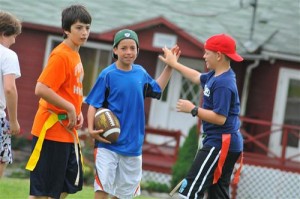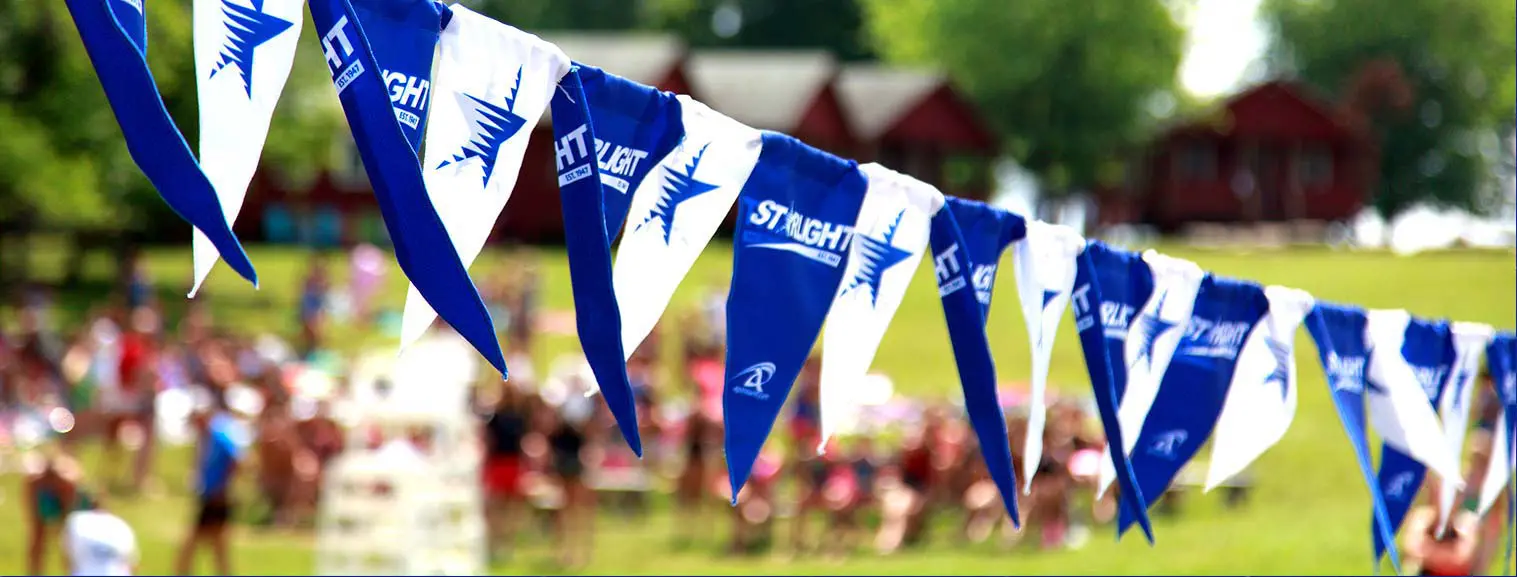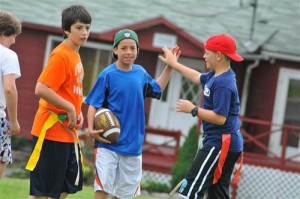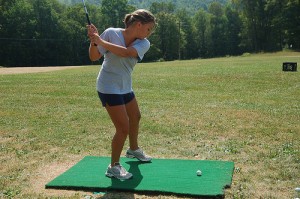 Whether your family lives in a large city or a small town, there is likely not a shortage of organized sports for children. Increasingly, the emphasis of team sports is less about what it means to be a member of a team and more about being the MVP of a winning team. As a result, child athletes are often caught between sparring parents on one sideline and anxious, screaming coaches on the other. Overly zealous parents and coaches seldom stop to consider that children often absorb their parents’ feelings and may project the resulting tension through their play. The immense pressure to be a star who constantly wins is often why many children become burnt-out in the competitive sports environment and choose to take a break or even quit altogether. Says Fred Engh, author of Why Johnny Hates Sports, “If all the focus is on winning, kids may be scared to fail and make mistakes. Mistakes are part of the learning process and it’s how one improves.” One of the most undervalued benefits of team sports at traditional American summer camps is the environment that allows children to make mistakes without fear of backlash from the sidelines and to process those mistakes in a way that they can turn them into learning experiences.
Whether your family lives in a large city or a small town, there is likely not a shortage of organized sports for children. Increasingly, the emphasis of team sports is less about what it means to be a member of a team and more about being the MVP of a winning team. As a result, child athletes are often caught between sparring parents on one sideline and anxious, screaming coaches on the other. Overly zealous parents and coaches seldom stop to consider that children often absorb their parents’ feelings and may project the resulting tension through their play. The immense pressure to be a star who constantly wins is often why many children become burnt-out in the competitive sports environment and choose to take a break or even quit altogether. Says Fred Engh, author of Why Johnny Hates Sports, “If all the focus is on winning, kids may be scared to fail and make mistakes. Mistakes are part of the learning process and it’s how one improves.” One of the most undervalued benefits of team sports at traditional American summer camps is the environment that allows children to make mistakes without fear of backlash from the sidelines and to process those mistakes in a way that they can turn them into learning experiences.
 Setting up children for success requires a welcoming environment in which they can feel comfortable being themselves. Those who tend to be self-conscious are particularly challenged by situations in which tension runs high. The spirit of Camp Starlight athletics is one of instruction, fun, and safety more than competition. It’s about making children feel like a valuable part of a unit that utilizes everyone’s talents in a way that is beneficial. In short, the traditional summer camp environment is a team environment. At camp, children have the encouragement of their counselors and fellow campers when playing sports. A child making a layup shot on the basketball court for the first time is cheered just as much as someone scoring a winning three pointer.
Setting up children for success requires a welcoming environment in which they can feel comfortable being themselves. Those who tend to be self-conscious are particularly challenged by situations in which tension runs high. The spirit of Camp Starlight athletics is one of instruction, fun, and safety more than competition. It’s about making children feel like a valuable part of a unit that utilizes everyone’s talents in a way that is beneficial. In short, the traditional summer camp environment is a team environment. At camp, children have the encouragement of their counselors and fellow campers when playing sports. A child making a layup shot on the basketball court for the first time is cheered just as much as someone scoring a winning three pointer.
Perhaps the relaxed positive reinforcement they receive while learning to play sports at camp is why so many children (as many as 60%) feel compelled to continue being active in an activity they tried for the first time at camp.








